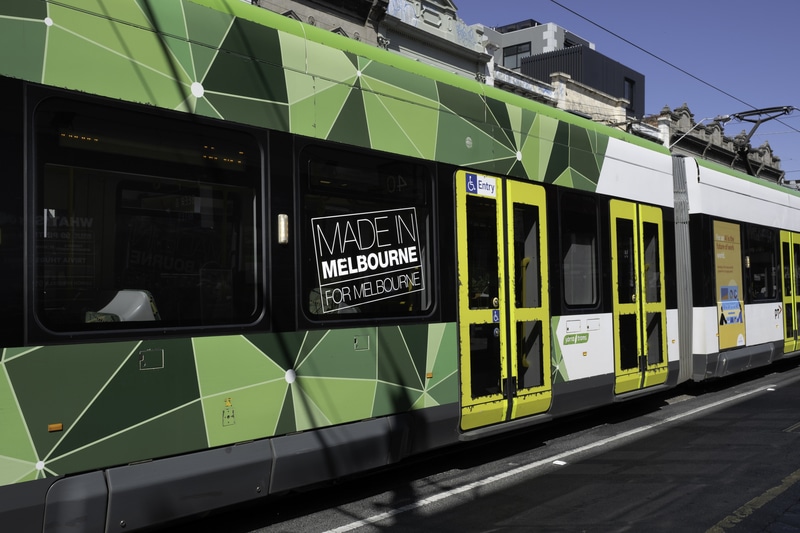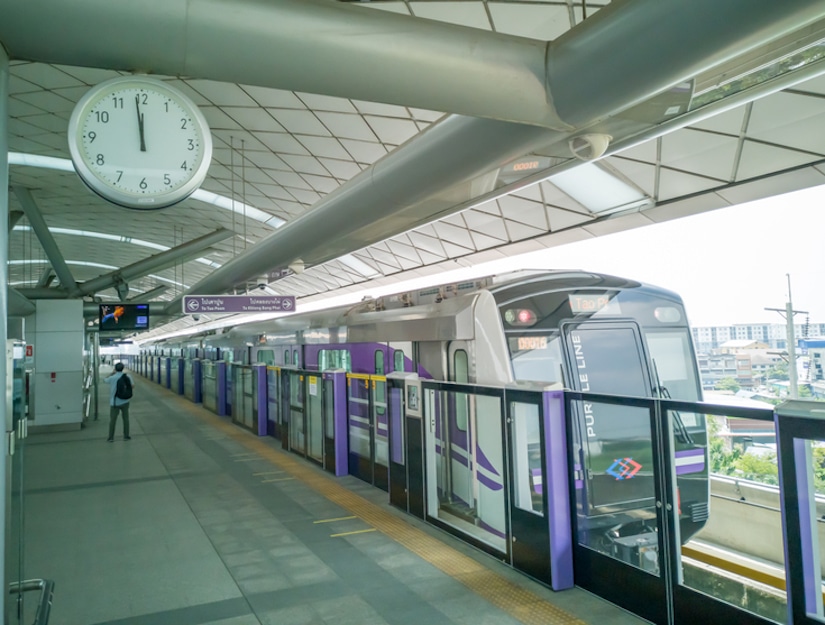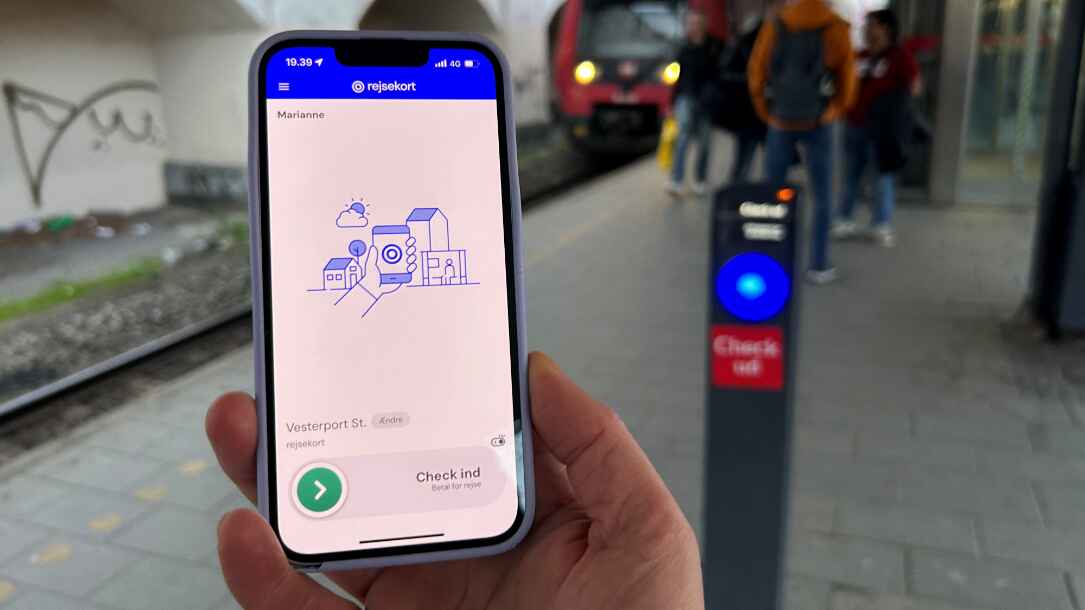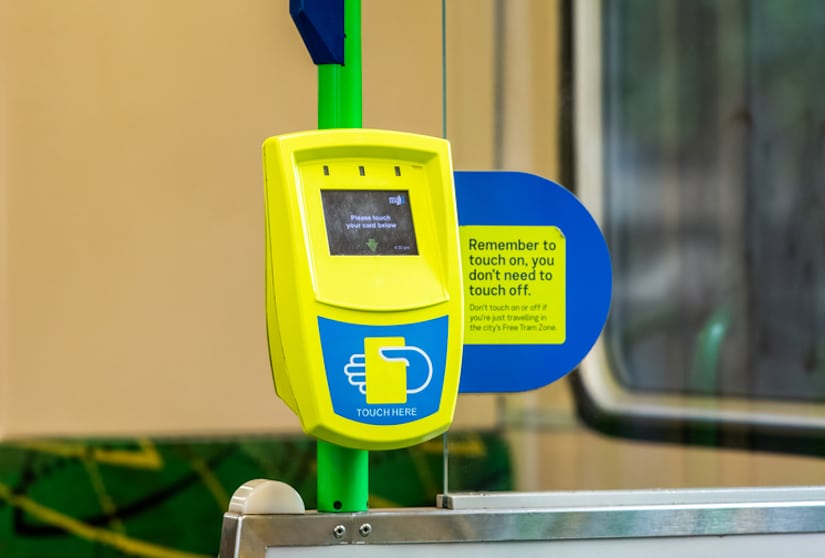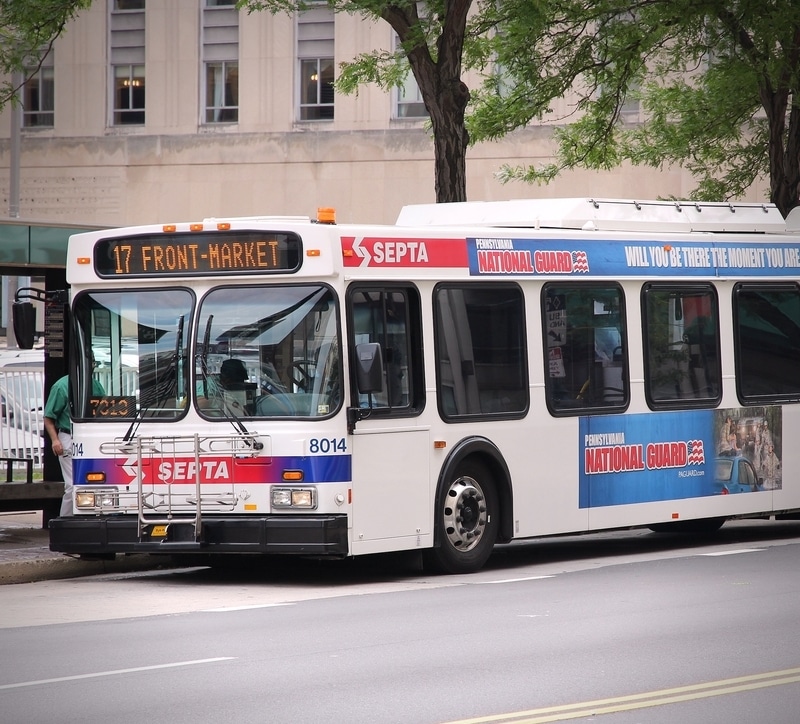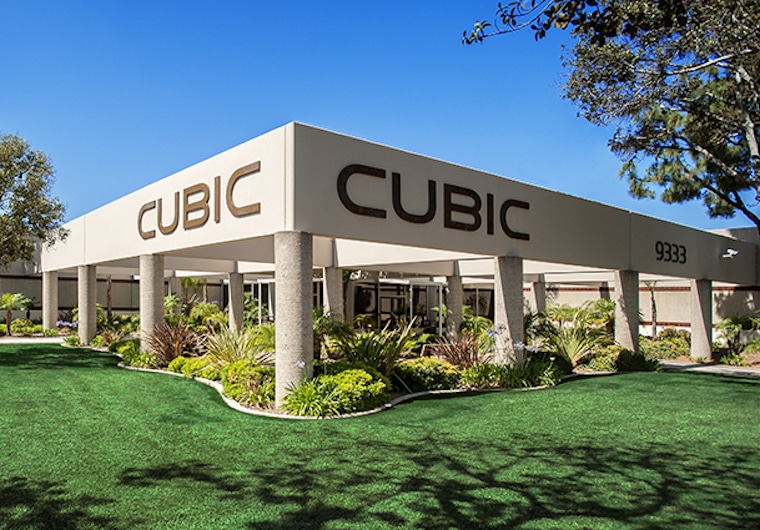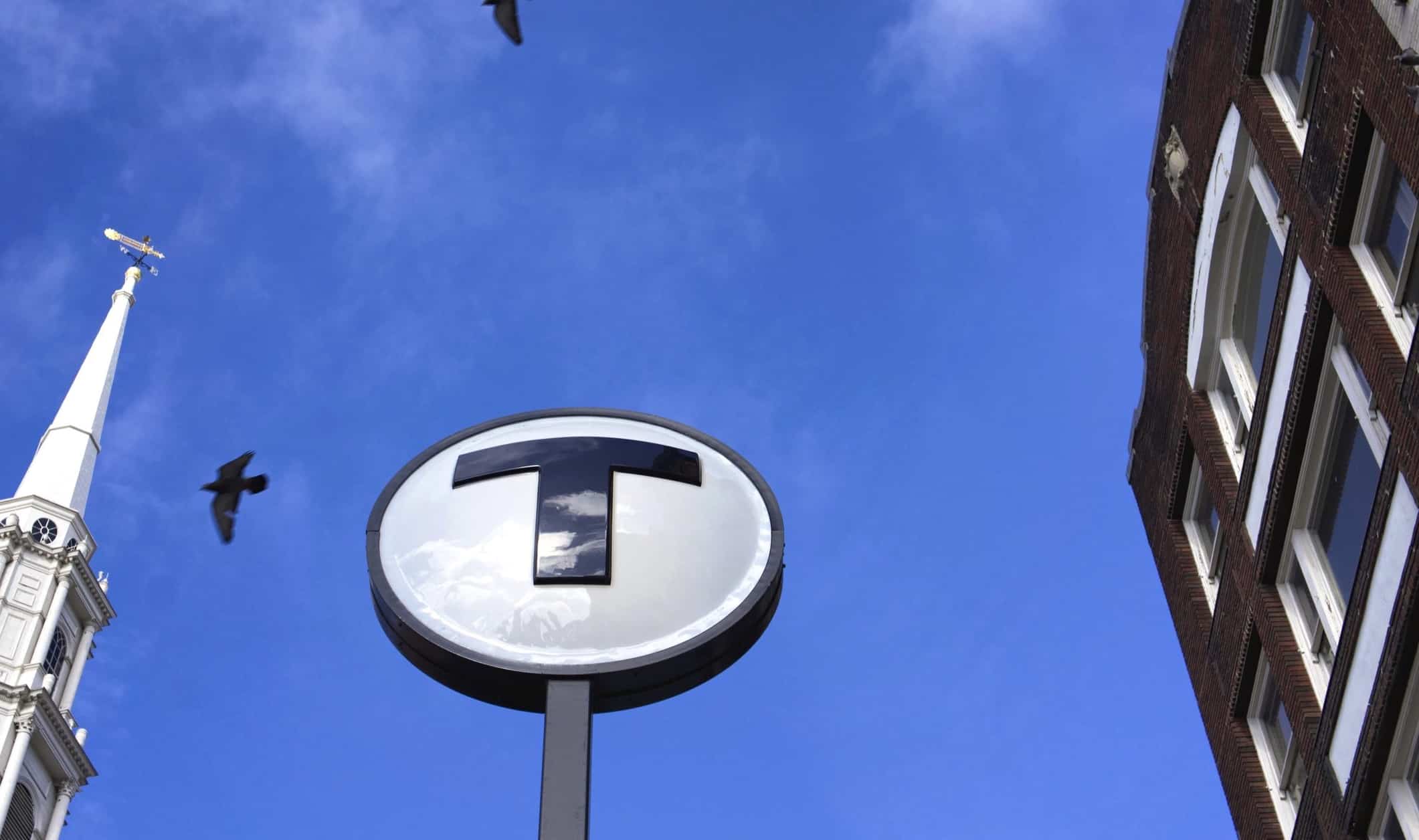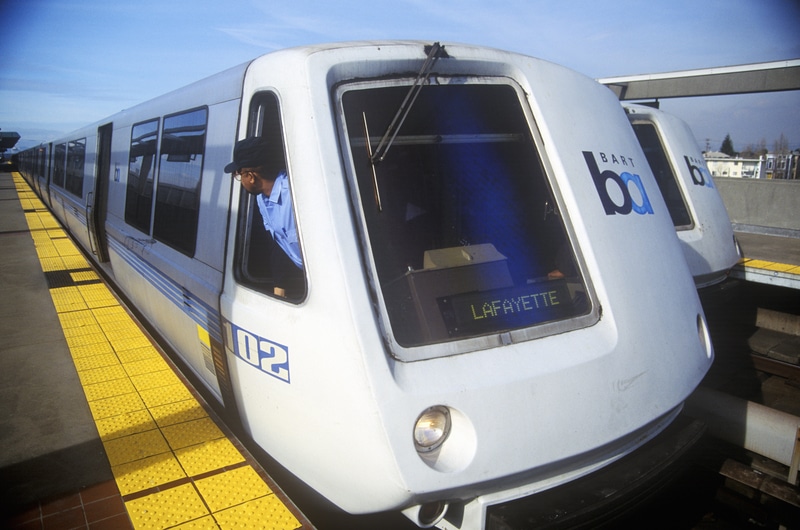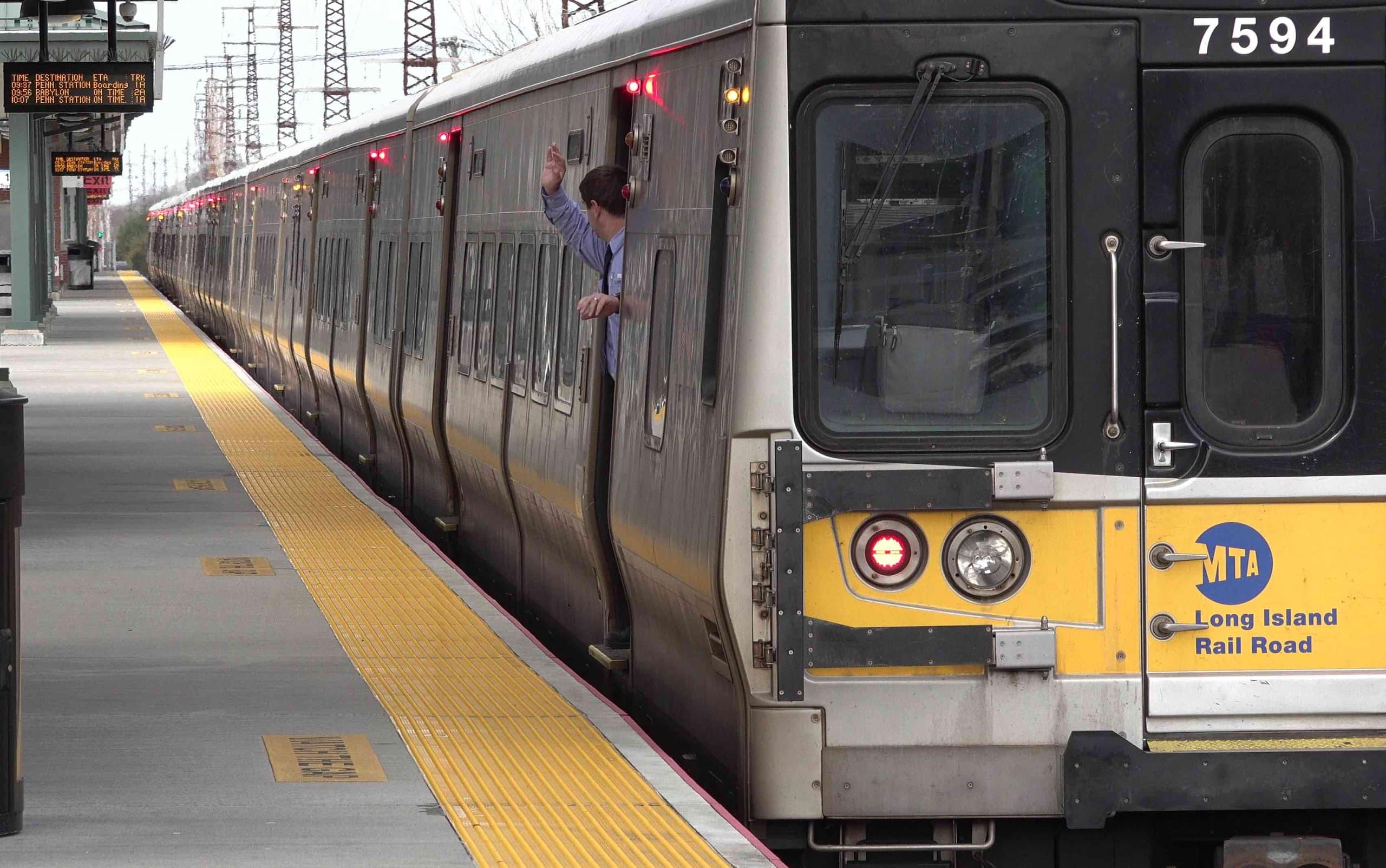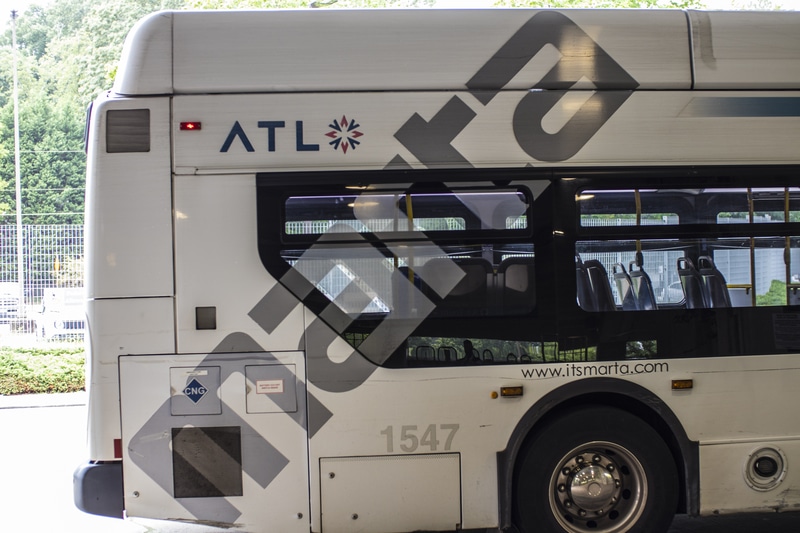
Article Highlights
The Metropolitan Atlanta Rapid Transit Authority, or MARTA, board of directors is expected to award a contract Thursday for its planned fare system to Germany-based INIT, which beat out incumbent supplier Cubic Transportation Systems for the deal. The contract for an account-based ticketing system supporting open loop was one of the largest fare-system tenders this year in the U.S.
MARTA last November estimated the contract would be worth between $260 million and $390 million, including 10 years of operations and maintenance.
The Metropolitan Atlanta Rapid Transit Authority, or MARTA, board of directors is expected to award a contract Thursday for its planned fare system to Germany-based INIT, which beat out incumbent supplier Cubic Transportation Systems for the deal, Mobility Payments has learned.









